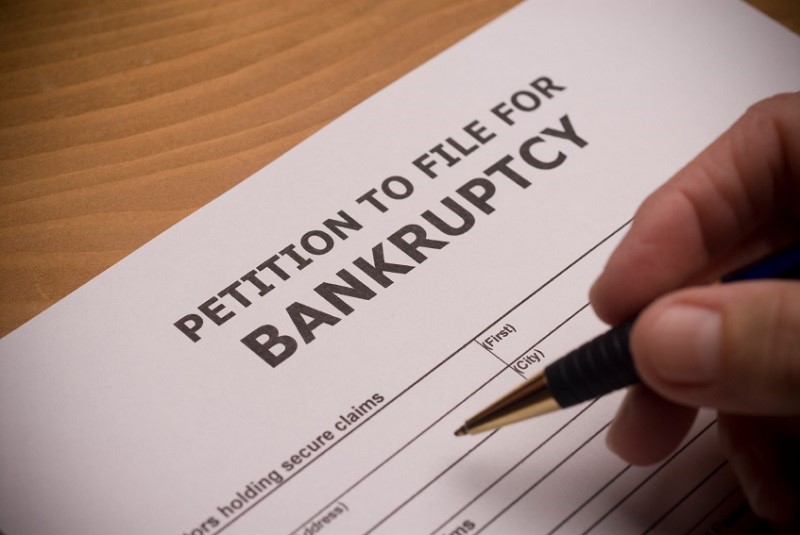You are a small business owner, and you fear that business income is insufficient to deal with business debt.
What to do? This article explains your bankruptcy options as well as bankruptcy alternatives.
1. Do You Want to Continue Operations?
If the answer is yes, skip to #2. If you want to cease operations and liquidate your business, then Chapter 7 bankruptcy will do that for you.
Chapter 7 bankruptcy is a four to six-month process where individual debtors and business debtors alike disclose assets, debts, income, and expenses. If an individual debtor who runs a sole proprietorship files a Chapter 7 petition, he or she will be able to apply exemptions to protect certain assets from seizure and sale by the Chapter 7 Trustee. If a business files Chapter 7, all business assets are sold to satisfy creditors.
2. Are You on the Hook Personally for Business Debt?
First, if you personally guaranteed any debt of your business, you are personally liable for that debt regardless of what the business does.
Second, if you organized your business as a sole proprietorship or a partnership, you (and your partners, if any) are personally liable for business debt.
So do you or your business file bankruptcy? Many small business owners find that they must file twice, once for themselves, and once for the business.
3. Is Your Business a Sole Proprietorship, Partnership, LLC, or Corporation?
The answer to this question controls the available bankruptcy options.

Chapter 11
Chapter 11 is the only type of bankruptcy available for business entities that want to remain in operation and that are not sole proprietorships.
Large corporations and small, closely-held corporations like file bankruptcy under Chapter 11. If a business owes less than $2.5 million, as most small businesses do, it qualifies as a “small business debtor” and is eligible for fast-track procedures.
Filing a Chapter 11 bankruptcy case is complicated, even for small business debtors. The following information and documents are required, among others:
- Your most recent balance sheet;
- Statement of operations and cash flow;
- List of assets;
- List of debts;
- List of outstanding contracts;
- Federal tax return;
- Reorganization plan.
Your bankruptcy attorney will work with you to craft a plan that shows the Chapter 11 Trustee and the Court how your business will reorganize its debt and remain viable.
Chapter 13
Businesses cannot file bankruptcy under Chapter 13. However, because sole proprietors and their businesses are considered the same entity, they may file under Chapter 13. Sole proprietors will pay monthly into a 3 or 5 year Chapter 13 plan, which provides for payment of arrears on secured debt or renegotiation of that debt, payment of any priority debt like sales tax, and perhaps partial payment of unsecured debt, both business and personal.
Upon completion of the plan, the unpaid unsecured debt is discharged and the business continues operations.
Chapter 7
Again, because a sole proprietor and his or her business are the same entity, a sole proprietor is eligible to file a personal Chapter 7 and exemptions will protect the business’ assets.
Any other business entity can file bankruptcy under Chapter 7, but they cannot use exemptions to protect business assets. Under Chapter 7, the business assets are liquidated for the benefit of the business’ creditors.
Please note: any business filing bankruptcy under Chapter 7 cannot continue operating.
And if you are personally liable for any business debt, your business Chapter 7 filing will not protect you as an individual. In other words, your business will receive a discharge but you will not.
Know that this is not legal advice. This is just some general information you will need to know prior to consulting with a lawyer so that you can have a productive conversation about your options. Weighing the different bankruptcy options against the facts of your situation is a complex process. Your lawyer will help you decide which option is best considering your circumstances, collect and file the required documents and information, and ensure that neither you personally nor your business suffers any unintended consequences from filing bankruptcy.















